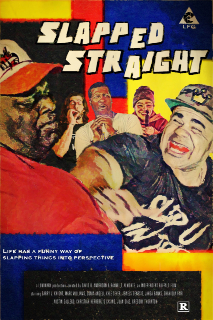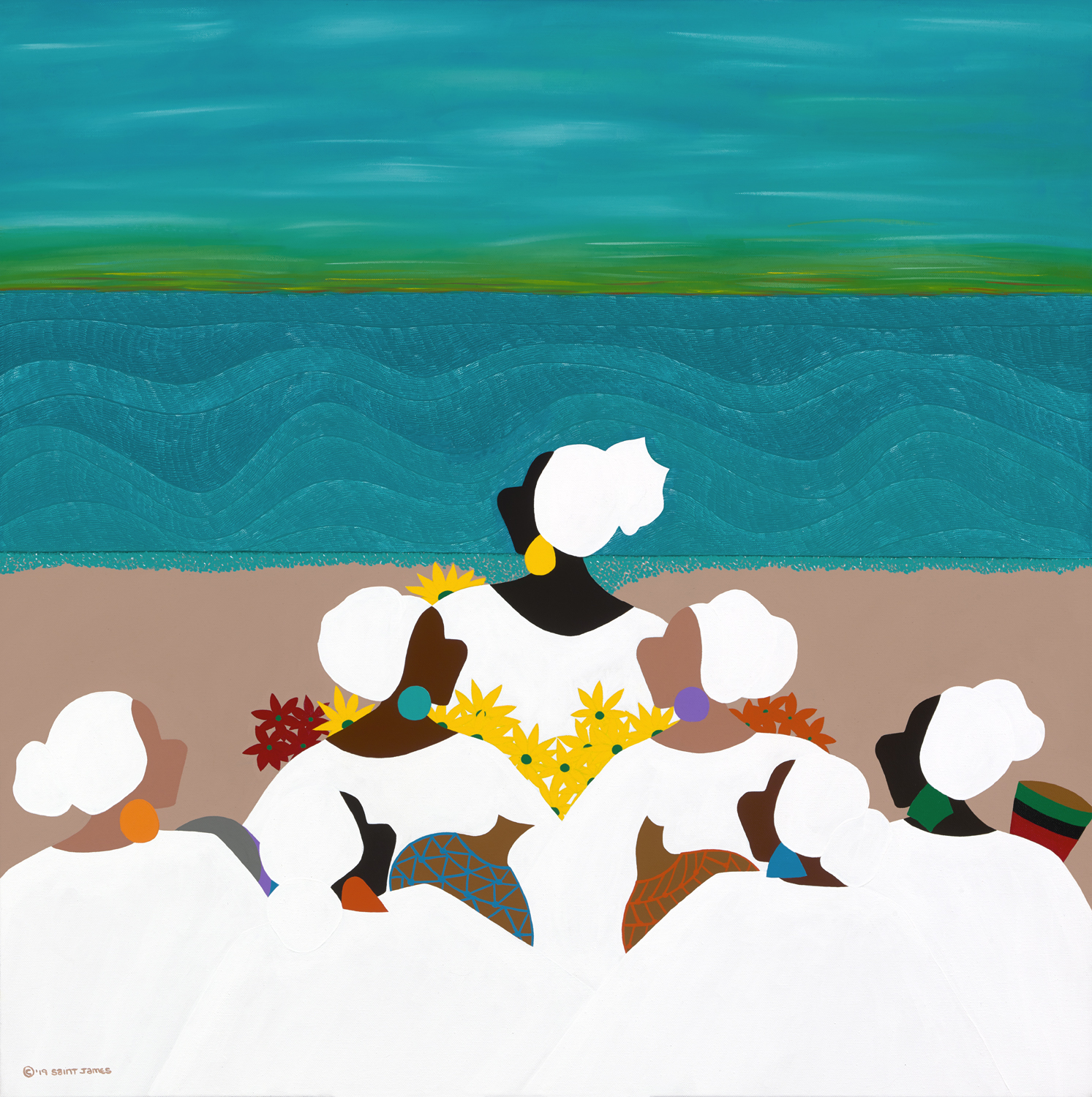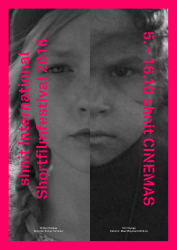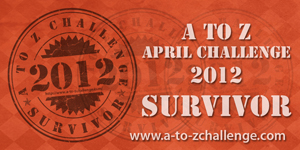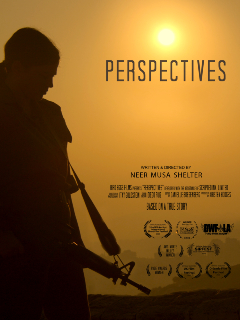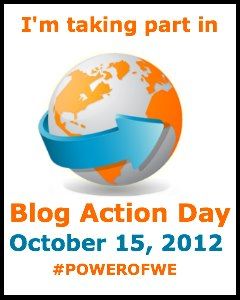 In preparation for today’s global conversation on Human Rights, hosted by Blog Action Day 2013, I’ve adjusted my movie rental queue, to include the Turkish film “Bliss” (Originally titled “Mutluuk”) and recommend that you join me in watching it. Directed by Abdullah Oguz, this road-trip drama is about the self-discovery of two people struggling with brutal cultural norms -- a teenage girl who gets shunned by her village, following a rape – and the captor tasked with her community-sanctioned execution.
In preparation for today’s global conversation on Human Rights, hosted by Blog Action Day 2013, I’ve adjusted my movie rental queue, to include the Turkish film “Bliss” (Originally titled “Mutluuk”) and recommend that you join me in watching it. Directed by Abdullah Oguz, this road-trip drama is about the self-discovery of two people struggling with brutal cultural norms -- a teenage girl who gets shunned by her village, following a rape – and the captor tasked with her community-sanctioned execution.
This girl’s family hires a military veteran to take her to Istanbul and kill her for dishonoring them – according to the value system of their village.
When the man decides to spare her life, they both end up on the run; he struggles between the brutal beliefs taught to him and those of his worldly experiences as a soldier while she attempts to prove her worth. If it were not for the recommendation from screenwriter Mark Hughes at Forbes Magazine, who calls this movie “Magnificent…one of the best films available to ‘Watch Instantly’ on Netflix,” I likely would have never heard of “Bliss.”Of all the tens of thousands (or more) films made every year, I’m both surprised and a little disappointed that there aren’t as many well-known movies featuring stories about honor killings as there are for other human rights issues such as child abuse, genocide and domestic violence.
 In just 60 seconds, you and I could easily identify a large number of films about human rights – “Schindler’s List,” “The Battle of Algiers,” “Gladiator,” “Blood Diamond,” “In the Land of Blood and Honey,” the newly released “12 Years a Slave” and the list goes on. Few of us, however, can do the same when it comes to movies about honor killings. That changes today, as I plan to watch “Bliss,” to honor the girls and women slain at the hands of their family and/or friends.
In just 60 seconds, you and I could easily identify a large number of films about human rights – “Schindler’s List,” “The Battle of Algiers,” “Gladiator,” “Blood Diamond,” “In the Land of Blood and Honey,” the newly released “12 Years a Slave” and the list goes on. Few of us, however, can do the same when it comes to movies about honor killings. That changes today, as I plan to watch “Bliss,” to honor the girls and women slain at the hands of their family and/or friends.
I will watch “Bliss” in memory of Noor Almalecki, a high school tennis player from Arizona that I read about while browsing a 2010 issue of Marie Claire. After Noor’s family immigrated to the U.S. from Iraq, they (particularly her father Faleh Almalecki, according to reports) condemned her for being “too westernized” -- wearing jeans and socializing with boys, to name a few of their disagreements with the way this girl assimilated into Western culture. During a family trip to Iraq she learned of her parents’ plans for an arranged marriage but they returned to the states, where things went from bad to worse.
 Noor’s home life eventually became so volatile that she moved out, got a job and sought a restraining order on her father. That did not stop him from running her down with his SUV in 2009. After being hospitalized and pronounced brain dead, Noor Almalecki took her last breath that same year.
Noor’s home life eventually became so volatile that she moved out, got a job and sought a restraining order on her father. That did not stop him from running her down with his SUV in 2009. After being hospitalized and pronounced brain dead, Noor Almalecki took her last breath that same year.
I will also watch “Bliss” to remember teenager Laura Wilson, who was stabbed by her 17 year-old boyfriend in Britain for “shaming” his family. He has shown no remorse since being convicted for the murder, according to Laura’s mother, Margaret Wilson.
Here in the states, law enforcement agencies treat crimes like what happened to Noor as a Domestic Violence issue. While I understand how these acts fit that bill, we must consider the complexities that come with immigration; as well as the disruption that inhumane cultural traditions cause within households across the nation (and abroad), and address the needs of these matters as such.
The families and communities that support, defend and even nurture a culture with an ongoing tradition of murder, harassment and assault on women don’t see these acts as a crime. They see it as a necessary step in preserving their honor among the entire community at large. So, in a culture where honor killings thrive without consequence, the murder of girls like Noor and Laura is much bigger than Domestic Violence.
The Government shutdown is affecting shelters and programs that help girls and women who are in danger of harm by their families and/or significant others. These programs depend on funding from the Family Violence Prevention and Services Act (which is part of the Child Abuse Prevention and Treatment Act) that expired in 2008 and was restored in 2010.
It is also said in news reports concerning honor killings that suicide rates are high among women who feel like they have nowhere to turn – or no way out from circumstances that place more value on controlling women’s behavior through merciless codes of conduct, than that of human life. So as my “Bliss” movie night arrives, here’s hoping that October 16th, 2013 will be the day that more people take an interest in supporting initiatives that save women at risk of being put to death just so their families can keep an inhumane tradition alive. The irony of that is heartbreaking enough.
What Human Rights issues do YOU find to be most important?
Have YOU ever volunteered, signed petitions, raised funds, donated goods/services or participated in related actions to bring awareness to a particular cause for concern?
Here are some further viewing options with additional information about honor killing crimes in the U.S. and Abroad:
CBS aired an episode of 48 Hours: Mystery titled "A Family's Honor" based on the Marie Claire article about Noore Almalecki - WATCH IT HERE.
Fox News aired a special about honor killings, titled "Murder in the Family" - WATCH PART 1 HERE and WATCH PART 2 HERE.
---------------------------------------------------
Want to share this post on Twitter/Tumblr/Pinterest? Use the hashtags: #bad2013 #humanrights
 Monday, October 21, 2013 at 6:03PM
Monday, October 21, 2013 at 6:03PM  I wonder if we give car chases in movies too much credit. They clearly are not the only game in town that can provoke action-packed, heart pounding thrills on screen. So, the theme of this week’s Monday Movie Meme is dedicated to the characters involved in getaways or heavy pursuits, on foot: The Chase.
I wonder if we give car chases in movies too much credit. They clearly are not the only game in town that can provoke action-packed, heart pounding thrills on screen. So, the theme of this week’s Monday Movie Meme is dedicated to the characters involved in getaways or heavy pursuits, on foot: The Chase. Takers
Takers The Bourne Ultimatum
The Bourne Ultimatum Bliss (Mutluluk)
Bliss (Mutluluk)






